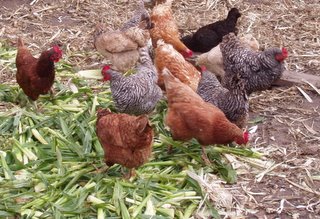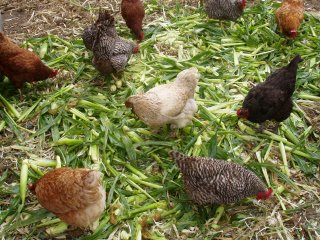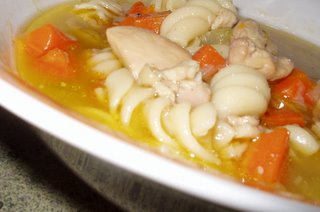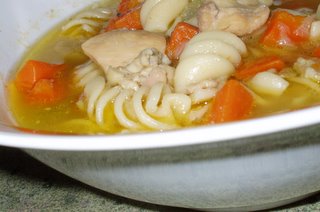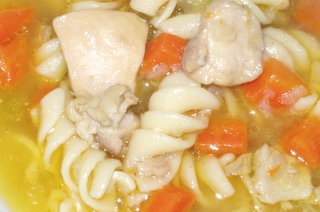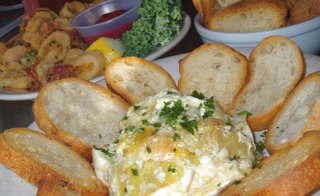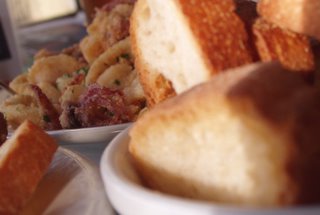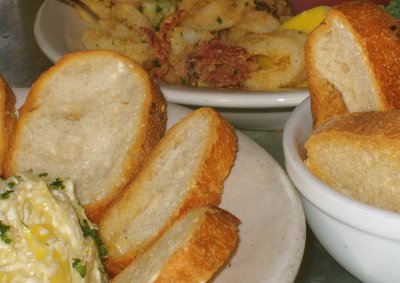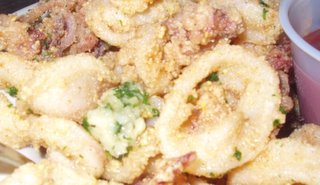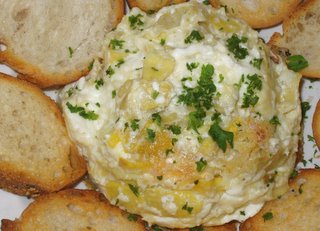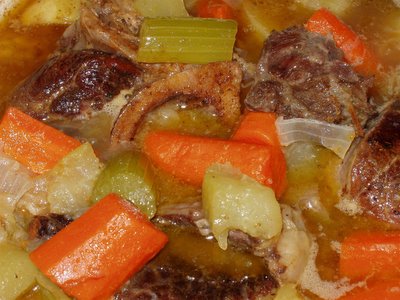Take Time for Tea . . .
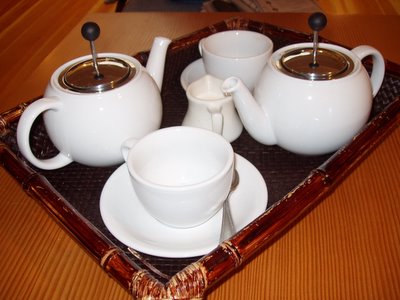
When there is need for a respite from our frenzied life, we make time to take tea.
As mentioned in a previous post, The Bungalow is a place to find ease and simplicity. We have become regulars, in that, the Barista, Ashley, acknowledges our entrance with a bright smile and a cheerful “Hi, Guys!” If Ander has not has his fill of coffee with the “morning mob” at the corner market, he will request an Americano tendered by Ashley’s proficient hands. As a creature of habit, I order, Earl Grey, hot. However, if the mood strikes me, I’ll try an exotic and unusual flavor, such as the fragrant Jasmine Pearls or the red blush of the Rooibus, fondly known as “Mother Nature’s Lullaby”.
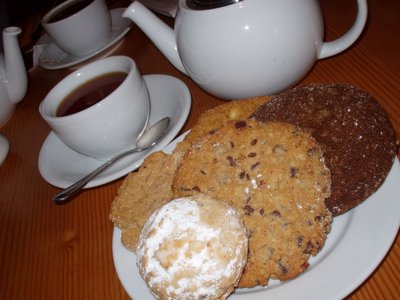
Recently, there was a table set out with a variety of baked goods sold at 50% off regular price. We indulged a bit and found ourselves partaking in a cookie tasting. Our tasting included the tined set Peanut Butter Cookie, Russian Tea Cake, Mini-Chocolate Chip Cookie (the chips, not the cookie, were mini), Chocolate-White Chocolate Chunk Cookie, White Chocolate-Coconut Macaroon and last, but not least, the standard Sugar Cookie. Don’t worry our Glycemic Index is in check. We only nibbled and saved the remnants for the “girlie-girls”. Besides, being half off usually means they're at least a day old or two.
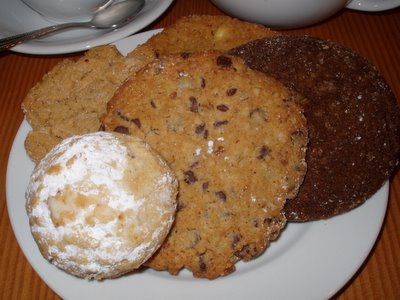
The following is a portion of an article posted on The Bungalow’s website and shared by the Tea Association of the USA, Inc.
How Tea Works In The Body
Tea contains flavonoids, naturally occurring compounds that are believed to have antioxidant properties. Antioxidants work to neutralize free radicals, which scientists believe, over time, damage elements in the body, such as genetic material and lipids, and contribute to chronic disease.
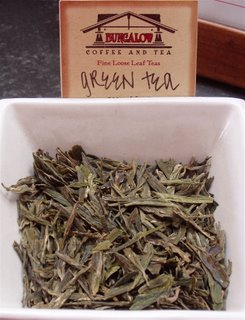 Recent research has explored the potential health attributes of tea through studies in humans and animal models, and through in vitro laboratory research. For the most part, studies conducted on Green and Black Tea, which are both from the Camellia Sinensis plant, have yielded similar results. Recent research suggests that tea and tea flavonoids may play important roles in various areas of health and may operate through a number of different mechanisms still being explored. Recent findings include:
Recent research has explored the potential health attributes of tea through studies in humans and animal models, and through in vitro laboratory research. For the most part, studies conducted on Green and Black Tea, which are both from the Camellia Sinensis plant, have yielded similar results. Recent research suggests that tea and tea flavonoids may play important roles in various areas of health and may operate through a number of different mechanisms still being explored. Recent findings include: The antioxidant properties of tea flavonoids may play a role in reducing the risk of cardiovascular disease by decreasing lipid oxidation, reducing the instances of heart attacks and stroke and may beneficially impact blood vessel function, an important indicator of cardiovascular health.
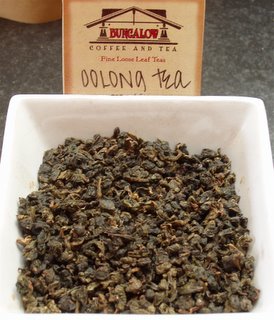 Tea flavonoids may lower the risk of certain cancers by inhibiting the oxidative changes in DNA from free radicals and some carcinogens1. Tea may also promote programmed cell death, or apoptosis5, and inhibit the rate of cell division, thereby decreasing the growth of abnormal cells.
Tea flavonoids may lower the risk of certain cancers by inhibiting the oxidative changes in DNA from free radicals and some carcinogens1. Tea may also promote programmed cell death, or apoptosis5, and inhibit the rate of cell division, thereby decreasing the growth of abnormal cells. Tea-drinking has been associated with oral health and bone health.
Compounds in tea other than flavonoids have been shown to support the human immune system.
Portions of this article courtesy of the Tea Association of the USA, Inc.
Adapted from:
Bungalow Coffee and Tea
540 Larkfield Center
Santa Rosa, CA 95403
T: (707) 546-8223
F: (707) 546-8224
http://www.bungalowtea.com


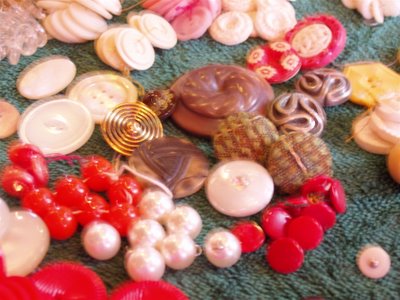

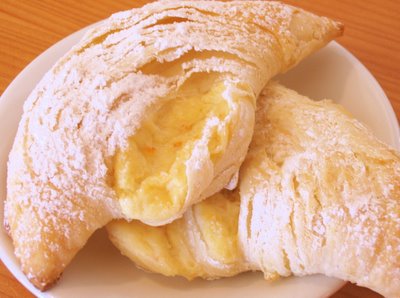
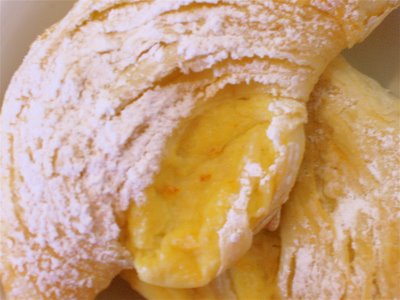
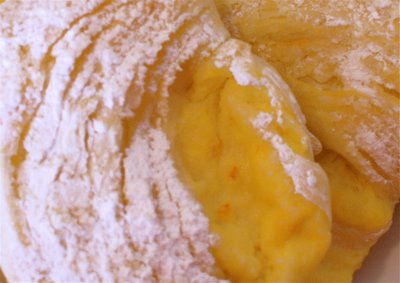





 ©ander
©ander



